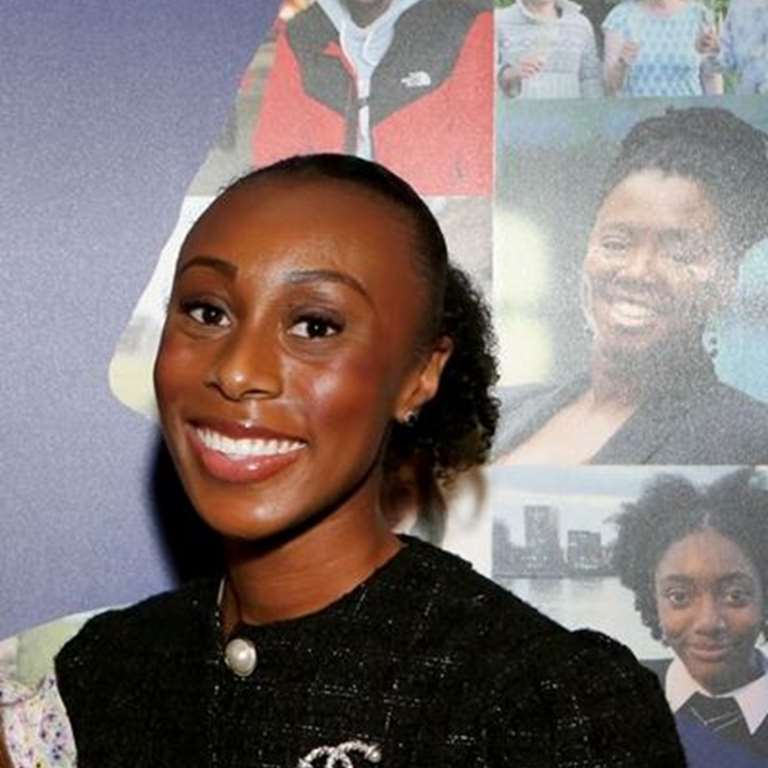A day in the life of an advocate
Shaniqua works as an Independent Mental Health Advocate for Rethink Mental Illness. In this blog, she explains what she does on an average day and how she can support people living with severe mental illness.
I am often asked: What do you do for a living, to which I proudly respond; I am an Independent Mental Health Advocate (IMHA). Usually, after I answer with this the inquirer is often left looking confused and asking even more questions: What exactly do you do?
I am privileged and honoured to have one of the best and most important jobs in the world. In my role as an IMHA I am responsible for supporting patients who are potentially wrongfully detained under the Mental Health Act (MHA, 1983), appeal their section, and regain their liberty. I am responsible for ensuring that people who are rightly detained, for example for their own safety, have their rights protected, such as section 17 leave, enabling some patients who are detained under the act, to be granted leave from the ward.
I am a voice for the voiceless. Once I explain this, the inquirer is often impressed and proceeds to ask what a typical day as an IMHA looks like. I often find it hard to respond to this, as there is not a typical day for an IMHA; every day is unique.
"I am a voice for the voiceless"
One day, I may primarily focus on supporting a client, appeal their section 3: a detention under the Mental Health Act that can last up to six months and where the detainee is obliged to complete their treatment, even if they do not consent. When doing this I spend most of my time in a tribunal, debriefing my client in the breaks.
On another day I may spend my time contributing to a report for the Equality and Human Rights Commission or the Mental Health Act Office, detailing recurring problems that my clients have faced - examples include a long delay waiting for a tribunal date, and on occasion patients being given a date for their tribunal once their detention has expired.
“WOW - How did you get into this?” I began my legal career by volunteering at my local Citizens Advice, and after a few months I then applied to become an IMHA at Rethink Mental Illness. I also have an undergraduate degree in Psychology and Forensics BSc, have completed the National Advocacy Qualification (NAQ), and I am studying for my Postgraduate Diploma in Law and Masters (LLM).
There are many challenges that accompany being an advocate. However, the main challenge that I encounter in my role is inequalities, specifically racial and gender disparities in the amount of people who are wrongfully detained - and adjusting my advocacy to ensure that all groups feel able to access the service and challenge potential inequalities.
Lady X, a woman of Chinese heritage, who had recently had a baby, is a piercing example of this. Lady X was attempting to practise the Chinese tradition zuoyuezi, staying in bed, resting, and not going outside the month after her baby was born. It is thought that not conforming to this, especially if exposed to cold outside could negatively impact the new mother’s health.
"This is what motivates me to continue to fight for people to regain their liberty and advocate for equality"
Unfortunately, during this time Lady X had an accident at home and her husband called an ambulance. Due to the severity of the accident the ambulance was unable to treat her at home and explained they would have to take her to the hospital. This was distressing to Lady X, who tried to explain why she did not want to leave her home. Regrettably, this was mistaken for psychosis and paranoia. Lady X was detained, placed in a secured Mother and Baby Unit with her new-born child. I quickly intervened, completed the tribunal application form, and requested a meeting with the doctor involved in sectioning Lady X. In the meeting, I explained that Lady X was not psychotic, nor paranoid, but was trying to observe her cultural traditions and customs. The doctor took some time to reflect and seek advice from the multi-disciplinary team, all of whom agreed to discharge Lady X immediately. Lady X was wrongfully detained, but within 48 hours of my intervention, she was discharged into the community.
Unfortunately, not all patients who are wrongfully detained are discharged as quickly as Lady X. I have supported some patients in similar circumstances who have been detained for years… However, this is what motivates me to continue to fight for people to regain their liberty and advocate for equality.

